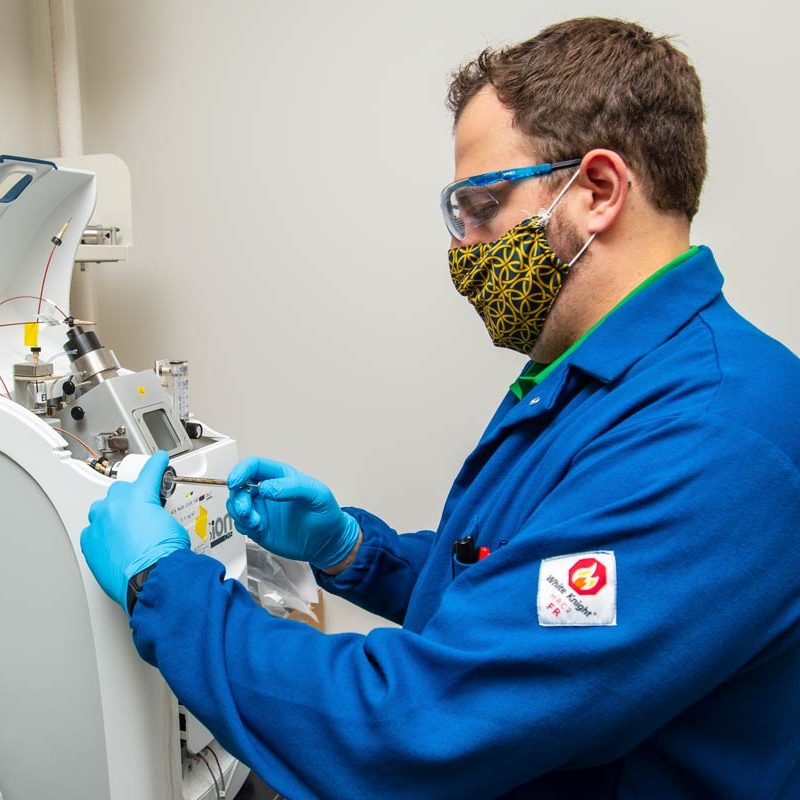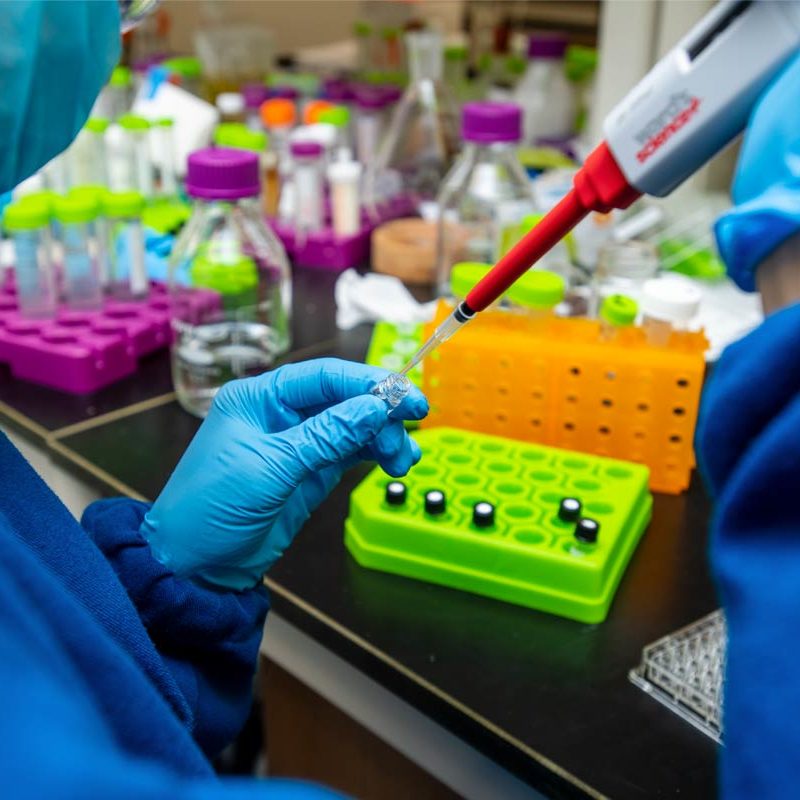One of the greatest challenges in treating disease is developing better ways to direct drugs only to those sites where drug activity is desired. Many drugs act indiscriminately on tissues throughout the body, leading to side effects that render them unsuitable for use.
In spite of the enormous potential of precision targeting to more accurately treat disease, options until now have remained limited.
Matthew J. Webber, assistant professor of chemical and biomolecular engineering, and his team have developed a strategy that more effectively delivers modified drug molecules to specific sites in the body.
They use a synthetic recognition motif, wherein the drug is “contained” by binding it to a precisely designed molecular receptor, similar to a homing beacon.
The attenuated drugs can then be activated upon reaching the desired site, sparing healthy tissue otherwise toxic effects. The team reported their new strategy last year in ACS Central Science.

Recently, they received $1.92M from the National Institutes of Health through the National Institute of General Medical Sciences’ Maximizing Investigators Research Award for Early State Investigators. This funding enables further study and development of the team’s novel technology.
“By extending our method for molecular-scale drug targeting, we hope to realize even more effective delivery of therapeutics to their sites of need,” said Webber.
“The key to our design is its flexibility, as this approach can be paired with a variety of different therapeutic drugs and imaging modalities,” he said. “We believe this general technique will offer much broader application in improving the treatment of cancer, cardiovascular disease, diabetes, and other common ailments.”
— Nina Welding, College of Engineering
